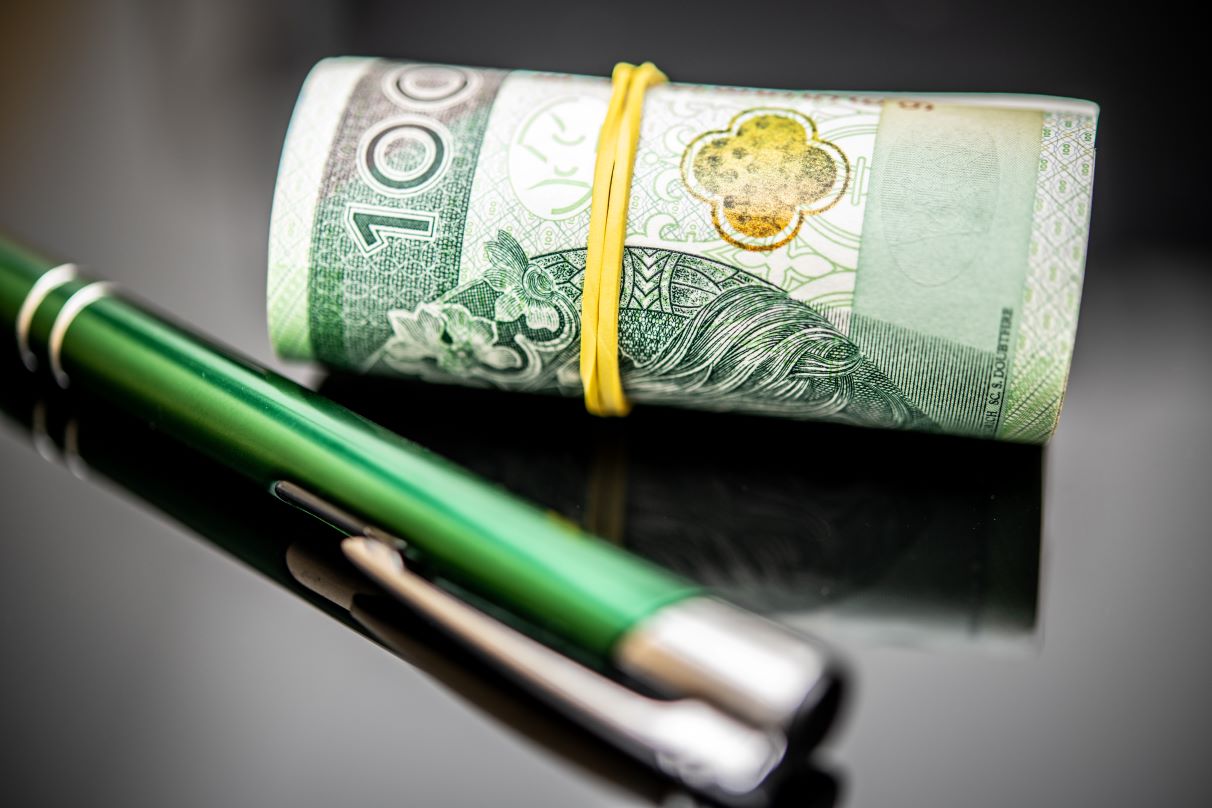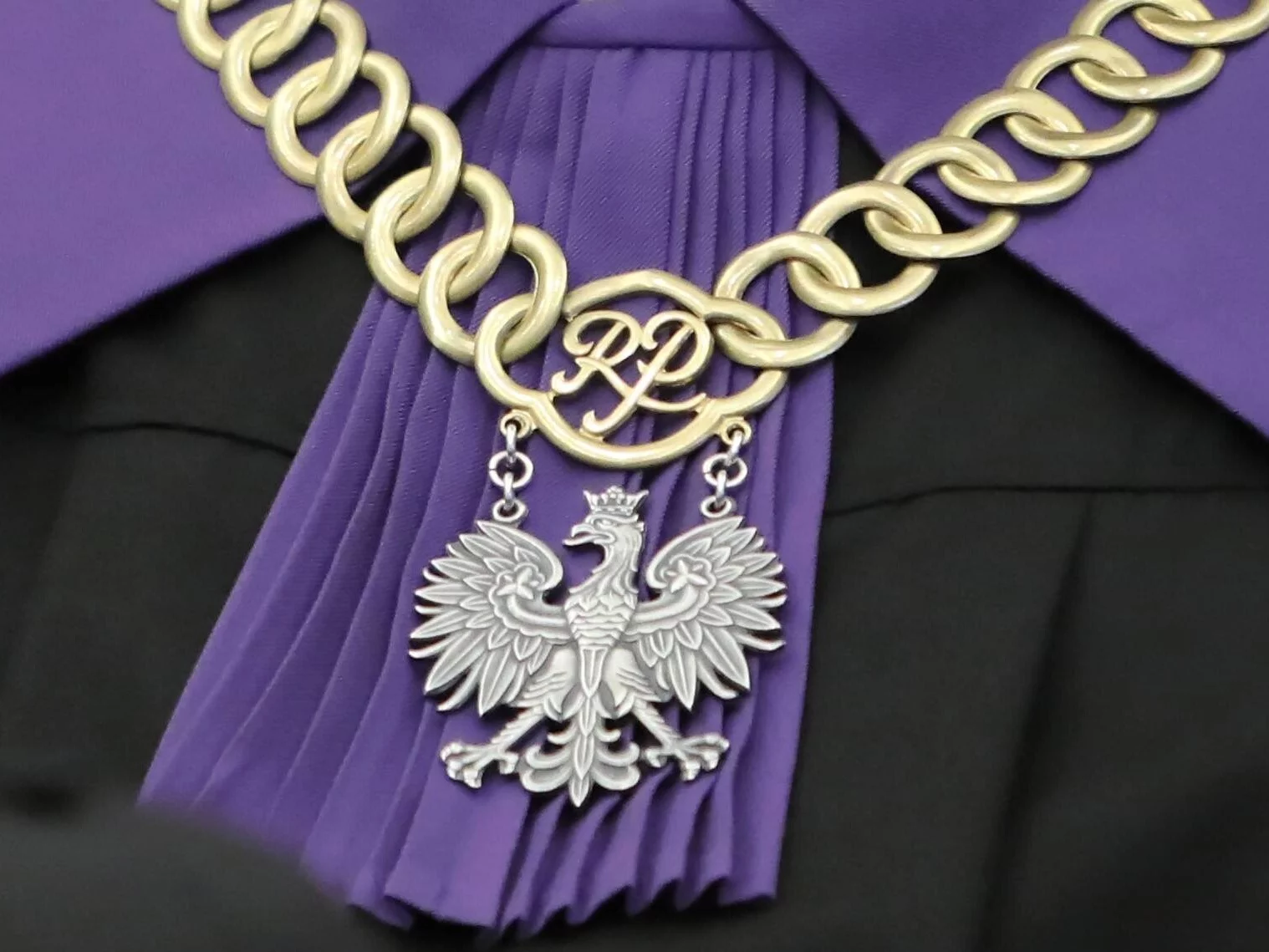When Donald Trump is inaugurated as president for the second time in January 2025, he will presume power over the regulation of a tech manufacture that’s changed importantly since his first word began in 2017. The tech industry’s honeymoon period with the US government has fizzled, and both Trump and his successor, president Joe Biden, took a skeptical stance toward tech CEOs, albeit for different reasons. Their antitrust enforcers initiated any of the first major anti-tech monopoly actions in decades.
Now, the tech manufacture has wised up. Most CEOs have looked back at the last 8 years of techlash and seemed to conclude that they should be as visibly apolitical as possible — though they’re happy to lobby behind the scenes. At the same time, any have gambled that being in Trump’s good graces would be beneficial — and that hazard seems to have paid off. Meta CEO Mark Zuckerberg, who Trump has literally threatened to send to prison, praised the president-elect’s fist pump after the attempted assassination and has made good with Republicans about Meta’s content moderation choices. Amazon founder and Washington Post owner Jeff Bezos killed an endorsement of Kamala Harris in the paper. And, of course, Tesla CEO and X owner Elon Musk has made himself one of Trump’s chief allies, securing a promise that he could run a “Department of Government Efficiency” (DOGE).
Trump, meanwhile, will have more power than always — he’s rooted out erstwhile supporters who encouraged restraint during his first term, and key allies have sprawling plans for overhauling the administrative state.
All this to say, the next 4 years of tech policy will be unpredictable and erratic. But even as Trump tries to grow his authority, he’ll request support from the courts and Congress. These are the policies we’ll be tracking as Trump reassumes the presidency and what he could realistically do.
AI
A Trump presidency likely means a little constrained AI industry. Trump has promised to repeal the Biden administration’s AI executive order, which instructed agencies to make investigating standards and guardrails to prevent AI from being utilized in discriminatory ways, like in allocating housing or determining legal outcomes in the criminal justice system. Trump previously signed his own executive order covering AI safety and standards, but it did not contact on discrimination. The second Trump administration will likely deprioritize AI discrimination safeguards and discourage the use of the defence Production Act to require more transparency, something conservatives have characterized as government overreach.
AI policy is an area where Elon Musk will likely search to exert his influence, assuming he and Trump stay on good terms. Musk runs xAI and has been critical of incumbent players like OpenAI — a firm he cofounded but later distanced himself from and sued. Musk has supported AI safety measures like California’s controversial and ultimately vetoed SB 1047, and he previously signed a call for a moratorium on major AI developments for safety reasons. But his focus on existential risks has been criticized by any AI researchers as a distraction from more immediate risks like discrimination.
AI policy is an area where Musk will likely search to exert his influence
It’s besides not yet clear how Trump will handle thorny copyright issues surrounding generative AI, including what information large language models are allowed to train on. AI executives, including Musk, could search to form how Trump views the issue in a way that’s favorable to them.
Antitrust
Trump’s approach to antitrust enforcement could be based mainly on individual grievances. Bloomberg Intelligence elder litigation analyst Jennifer Rie writes that “enforcement could be idiosyncratic based on president-elect Donald Trump’s view of the companies or industries involved.” Adam Kovacevich, CEO of the left-of-center tech manufacture group Chamber of Progress, bluntly said we’ll see a “‘Trump Welfare Standard’: is this company good to Trump?”
Though Trump’s VP pick, JD Vance, has publically praised national Trade Commission Chair Lina Khan, it’s not clear how committed Vance is to this stance or how much sway he will have. If he does get a say here, we could anticipate a continued crackdown on large tech firms to benefit “little tech” or startups that VCs like Andreessen Horowitz (another Trump supporter) want to see rocket with growth.
“Republicans no longer uniformly thin more business-friendly than Democrats.”
While business leaders may be relieved if Khan leaves the FTC, Rie says we shouldn’t anticipate “a return to the relaxed antitrust climate of 10 years ago … any aspects of the current aggressive approach will stick. Republicans no longer uniformly thin more business-friendly than Democrats.” Still, while she says it mostly depends on Trump’s appointments, merger approvals could become swifter and recently revised merger guidelines could be unraveled.
Trump’s administration will likely proceed the existing legal fights against Meta, Google, Apple, and Amazon (including 2 cases filed during Trump’s first term). But it could prosecute more modest remedies, depending on who he appoints — and how Trump feels about a company like Google on any given day. “A slight increase in settlement prospects is possible down the road, especially if the cases don’t seem to be going well for the agencies,” Rie writes. “Trump doesn’t believe Google should be broken up, though we didn’t anticipate this to happen anyway.” Kovacevich besides says Trump could usage the cases “as leverage over the companies to get favorable treatment on speech and content concerns.”
TikTok
Perhaps Trump’s top flip-flop issue has been his stance on TikTok. Trump championed the original TikTok ban effort, which was shot down by the courts. But he’s more late said he opposes a ban due to the fact that it would just benefit Meta. Trump’s turnaround reportedly came after he met with Republican donor Jeff Yass, who has a major stake in ByteDance.
Under the Biden administration, legislature overwhelmingly passed a bill that could ban the social video app unless ByteDance divests it by mid-January, and Biden signed it into law. The DC Circuit Court of Appeals is currently deliberating about whether that law can be upheld and will likely release a decision by the end of the year. But TikTok’s chances of dodging a ban only “slightly” improve under a Trump presidency, according to Bloomberg Intelligence litigation analyst Matt Schettenhelm.
The law doesn’t give Trump “much room” to play with
If the DC Circuit decides to uphold the law and the ultimate Court declines to take it up or upholds that ruling, what Trump can do is somewhat limited. He could grant an extension of up to 90 days for ByteDance to complete its divestiture of TikTok, but under the law, he would request to certify to legislature that there’s an actual plan underway. The law does leave the president any discretion to find whether more apps too TikTok fall under the divestiture law’s purview and what represents an adequate separation. But TikTok is written into the statute, so Trump can’t just decide it no longer applies.
The law doesn’t give Trump “much room” to play with, Schettenhelm tells The Verge in an email, though he could exercise any judgement in approving TikTok’s divestiture proposal. Even if Trump took the “unusual” step of announcing his Justice Department wouldn’t enforce the law, Schettenhelm writes in a note to clients, “companies that carry the app would be undertaking tremendous hazard that Trump wouldn’t change his head and search crippling penalties. We uncertainty they’d do so.”
If the court strikes down the law — possibly due to the fact that it finds it violates the First Amendment or due to the fact that legislature didn’t make a strong adequate record in the comparatively fast lead-up to its passage — then the legislature would request to do the process over. While the bill had very strong bipartisan support the first time around, now that Trump has said he opposes a TikTok ban, it seems little likely legislature would spend valuable time on a bill that the president may not sign.
Tariffs and China
Trump famously started a trade war with China in his first word in office, and if his run rhetoric is to be believed, we’ll see a continuation of specified economical policies this time. While Biden has implemented any protectionist economical policies, including export controls on advanced semiconductors, Trump has floated tariffs on goods imported from China at a rate of 60 to 100 percent.
That could have large implications for the many tech companies that usage components made in China and for any companies that trust on China for a crucial part of their business strategy (like Apple and Tesla). But due to that connection, this is another area where Elon Musk’s influence could be a chaotic card.
Alongside his promises of mass deportations, Trump’s China tariffs could dramatically change day-to-day life in America, as severe price hikes for imported goods would throw countless people’s lives and livelihoods into chaos. How far the administration will go is an open question, and 1 that makes predicting the future with any certainty — inside and outside the tech manufacture — hard to do.
Net neutrality and telecom policy
Net neutrality — which already faces an uphill battle in the courts after SCOTUS rolled back Chevron deference — is likely dead under a Trump administration. Bloomberg Intelligence analyst Nathan Dean predicts a 90 percent chance Trump’s national Communications Commission abandons the effort to reclassify broadband providers as common carriers and subject them to greater regulatory scrutiny.
A Republican-led FCC will besides likely let more concentrated control of tv stations, Dean writes, and loosen broadcast merger and acquisition rules. Republican FCC commissioner Brendan Carr, who served during the first Trump administration, has called for large tech companies to pay into the Universal Service Fund — presently funded by telecommunications providers — and suggested punishing tv networks under broadcasting rules.
Musk could search to limit programs that aid Starlink’s competitors
It’s not totally clear yet how Trump’s FCC will handle another key broadband policy issues, including the rollout of the government’s Broadband Equity, Access, and Deployment (BEAD) infrastructure investment program. But erstwhile again, Elon Musk’s influence could become crucial here. Musk runs the satellite net company Starlink, which has been passed over for any government contracts, but could lobby for more favorable policies under Trump. For example, the BEAD program presently favors fibre broadband, and Musk has critiqued the program as an “outrageous waste of payer money.”
In his government efficiency function or in a more informal way, Musk could search to limit programs that aid Starlink’s competitors, like the Universal Service Fund, according to CNET. That program helps service agrarian communities with broadband — places where Starlink is well positioned to decision in.
Content moderation
Conservatives including Trump have long complained about social media platforms suppressing conservative speech and accused them of bowing to Democratic government force to remove things like election or vaccine misinformation. Even before his reelection, platforms like Meta had heeded Republican pushback and loosened their moderation standards.
A Trump administration and Republican legislature could rework the Section 230 liability shield to let them actually punish companies for moderation decisions. In addition to the option of passing actual laws changing Section 230, Brendan Carr suggested in his Project 2025 chapter that the FCC could narrow its protections for a broad scope of content moderation decisions. Ultimately, any executive or legislative changes to online speech rules could face the ultimate Court, which has so far upheld the right to conduct content moderation, although it signaled openness to possible legal changes in the future.
Kids online safety
Trump hasn’t said much about where he stands on this subject or on the leading congressional bill on the subject, the Kids Online Safety Act (KOSA). That bill remains stalled in the home after passing through the legislature (in combination with an update to children’s data privacy law), and it’s not yet clear what could happen in future congressional sessions. Current Republican home leadership has expressed concerns that KOSA could unduly limit speech, so a Democratic home might be more open to giving it level time, but ultimately, the concerns with the bill don’t fall entirely down partisan lines.
Adam Kovacevich, whose group has opposed KOSA, suggests Democrats should be wary of passing the bill under a Trump presidency — pointing to lead cosponsor Sen. Marsha Blackburn’s (R-TN) comments about protecting kids from transgender content online. “Democrats will gotta decide whether they want to hand Trump & MAGA state law enforcers a powerful fresh censorship tool,” he writes.
Electric vehicles
Electric vehicle taxation credits and another climate-focused policies will likely be in jeopardy under Trump, though that might be somewhat complicated by his connection with Musk, with Tesla standing to gain from EV-friendly policies. Still, Wedbush analyst Dan Ives previously said that Tesla’s “scale and scope … could give Musk and Tesla a clear competitive advantage in a non-EV subsidy environment.”
Tesla’s “scale and scope … could give Musk and Tesla a clear competitive advantage in a non-EV subsidy environment”
Bloomberg Intelligence analyst Nathan Dean sees just a 30 percent chance of continued EV taxation credits under Trump. He predicts continued rhetoric that EVs are “a boon to China’s economy,” alongside efforts to replace the taxation credits with consumer incentives that could benefit conventional carmakers like General Motors, Ford, and Stellantis.
Semiconductor policy
Under the Biden administration, legislature passed the bipartisan CHIPS and discipline Act, which injected funds into creating a home semiconductor production manufacture — something experts say is simply a national safety necessity and critical to maintaining control over the supply chain for crucial technologies including medical tech. But Trump called the bill “so bad” during his appearance on Joe Rogan’s podcast, and shortly after, home talker Mike Johnson (R-LA) said he was open to repealing the law (though he later walked back those comments). Trump can’t undo a law on his own, but he could possibly instruct his Commerce Department to slow-walk aspects of its rollout.
Crypto
Trump has made crucial overtures to the cryptocurrency industry, headlining a major Bitcoin conference this summertime and picking up crucial support from prominent crypto investors like Marc Andreessen and Ben Horowitz. With Trump’s election, the manufacture is likely to get its top wish: the ouster of Securities and Exchange Commission Chair Gary Gensler, whom the manufacture views as its chief antagonist. anticipate more permissive and hands-off regulation of this industry, as Trump has called for making the US a “Bitcoin superpower.”
















